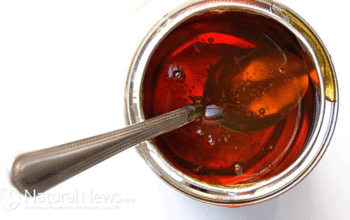Apple cider vinegar (ACV) has emerged as a powerful, natural ingredient in skincare, offering a range of benefits for those seeking holistic and eco-friendly solutions. This versatile liquid, derived from fermented apple juice, has been used for centuries as a home remedy, and modern skincare enthusiasts are rediscovering its incredible potential.
What is Apple Cider Vinegar?
Apple cider vinegar is created through a two-step fermentation process. First, crushed apples are combined with yeast, converting their natural sugars into alcohol. Then, bacteria are added, which further ferments the alcohol, transforming it into acetic acid – the primary active compound that gives ACV its potent properties.
There are two main types of ACV:
- Raw, Unfiltered ACV: Contains the “mother” – a cloudy, cobweb-like substance rich in beneficial proteins, enzymes, and bacteria
- Filtered ACV: Processed to remove the “mother” and appear clearer
Remarkable Benefits for Skin Health
Balancing Skin pH
Our skin’s natural pH is slightly acidic, typically around 4.5-5.5. Apple cider vinegar, with its similar acidic profile, can help restore and maintain this delicate balance. By supporting the skin’s acid mantle, ACV helps protect against bacteria, reduce inflammation, and promote a healthier complexion.
Powerful Acne Treatment
The antimicrobial properties of ACV make it an effective weapon against acne-causing bacteria. Its combination of acetic and malic acids helps:
- Reduce bacterial growth
- Unclog pores
- Control excess oil production
Anti-Aging and Skin Tightening
Rich in alpha-hydroxy acids, apple cider vinegar acts as a natural chemical exfoliant. These compounds help:
- Remove dead skin cells
- Stimulate collagen production
- Reduce the appearance of fine lines and wrinkles
Incorporating ACV into Your Skincare Routine
DIY Facial Toner
Create a simple, effective toner by mixing:
- 1 part raw, unfiltered apple cider vinegar
- 2 parts distilled water
Apply with a cotton pad after cleansing, being careful to avoid the eye area. Start with once or twice weekly and adjust based on your skin’s response.
Spot Treatment for Acne
For targeted acne treatment, dilute ACV further (3 parts water to 1 part vinegar) and apply directly to blemishes using a cotton swab. The antibacterial properties can help reduce inflammation and speed healing.
Important Precautions
While apple cider vinegar offers numerous benefits, it’s crucial to use it carefully:
- Always dilute ACV to prevent skin irritation
- Perform a patch test before full application
- Avoid using on broken or sensitive skin
- Stop use if you experience redness, burning, or increased sensitivity
Final Thoughts
Apple cider vinegar represents a natural, cost-effective addition to your skincare arsenal. However, it’s not a miracle cure. Results vary, and consistency is key. For those with persistent skin concerns, consulting a dermatologist is always recommended.
By understanding its properties and using it mindfully, you can harness the power of this ancient remedy to support healthier, more radiant skin.





